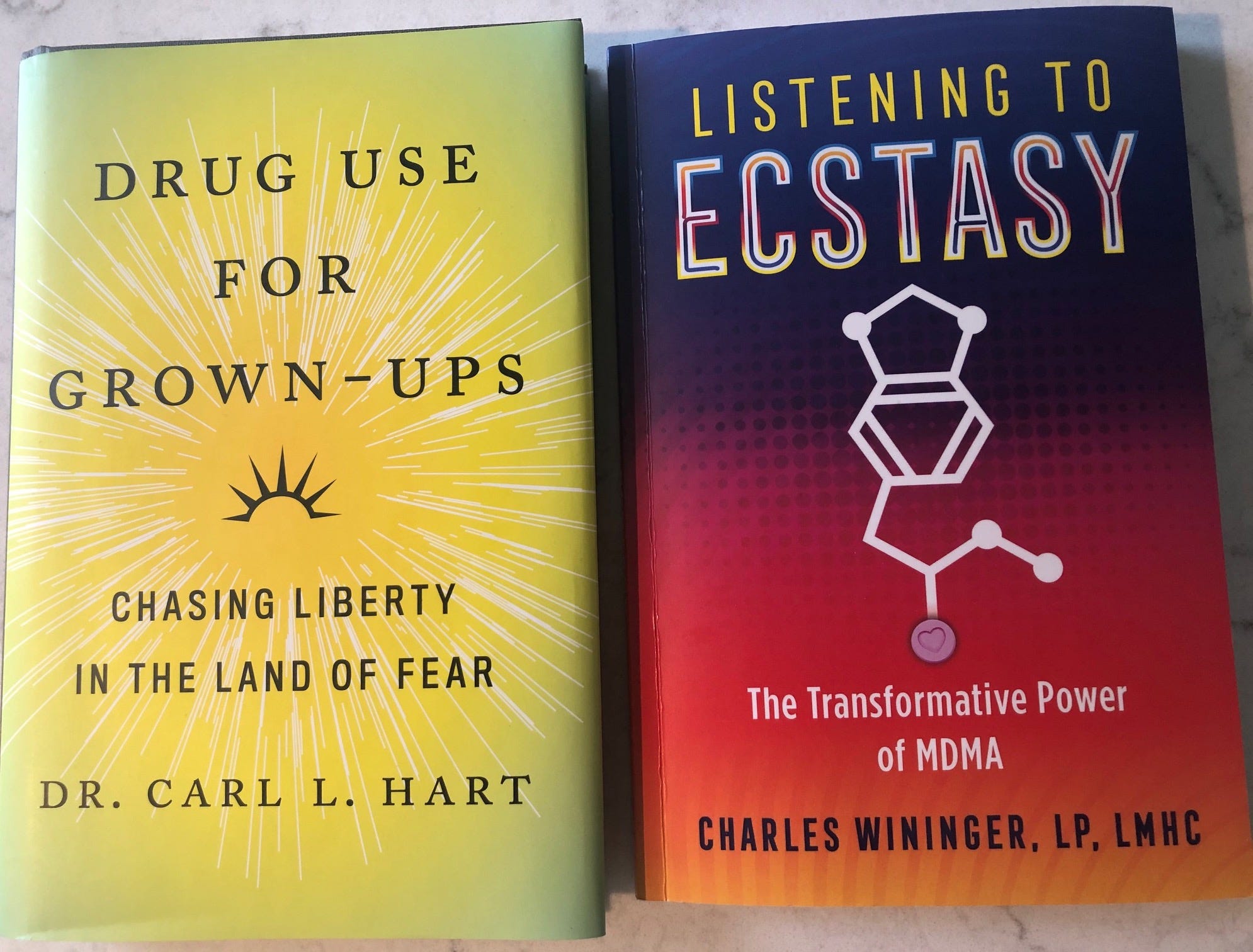
As a tenured professor of Psychology with a focus on mental health treatments, I’ve closely followed the evolution of therapeutic strategies for Post-Traumatic Stress Disorder (PTSD). Among the most intriguing developments in this field is MDMA-assisted therapy for PTSD, a groundbreaking approach that has been making waves in the realm of psychiatric care. This article offers a comprehensive overview of MDMA-assisted therapy, highlighting its emergence, mechanisms, and potential in reshaping PTSD treatment.
The Emergence of MDMA-Assisted Therapy in PTSD Treatment PTSD, a condition often resulting from traumatic experiences, has traditionally been managed through psychotherapy and medications like SSRIs. However, the effectiveness of these conventional methods varies, with many patients continuing to struggle. The recent spotlight on alternative therapy for PTSD has brought MDMA-assisted therapy to the forefront. Pioneering studies, such as those conducted by the Multidisciplinary Association for Psychedelic Studies (MAPS), have showcased the promise of MDMA in alleviating PTSD symptoms effectively.
Understanding MDMA’s Mechanism in PTSD Psychotherapy MDMA, commonly associated with its recreational use, has a unique pharmacological profile that makes it effective in therapy. It acts as a serotonin releasing agent, augmenting levels of serotonin, dopamine, and norepinephrine in the brain. This results in a heightened sense of empathy and a decreased fear response, creating an optimal environment for psychotherapeutic work. This mechanism is particularly beneficial for PTSD patients, who often struggle with fear processing and emotional regulation.
Comparing MDMA Therapy with Traditional PTSD Treatments MDMA-assisted therapy has demonstrated a higher efficacy rate compared to traditional PTSD therapies. In contrast to methods like prolonged exposure therapy, which typically require an extended period to show benefits, MDMA-assisted therapy often leads to rapid symptom relief. This quick response is crucial for patients who have not found success with other treatments, offering a faster route to recovery and well-being.
Patient Perspectives and the Impact of MDMA Therapy The real-world impacts of MDMA-assisted therapy come to life through patient narratives. For instance, a veteran who participated in an MDMA therapy trial shared, “The sessions were transformative, allowing me to approach my trauma with less fear and more openness.” Such testimonials underline the unique ability of MDMA-assisted therapy to facilitate emotional processing in a safe and controlled environment.
Safety, Ethical Considerations, and Future Directions While the potential of MDMA therapy in treating PTSD is significant, it must be approached with caution. Administered in controlled doses under professional supervision, the treatment is generally safe, but awareness of potential risks is essential. Looking ahead, further research is crucial in understanding the long-term impacts of MDMA therapy and its applicability in treating other mental health disorders.
Conclusion MDMA-assisted therapy for PTSD represents a notable shift in the approach to mental health treatment. It offers a promising alternative for those who have not benefited from conventional therapies, combining rapid symptom relief with long-lasting effects. As this field of study continues to grow, it’s essential to navigate the clinical, ethical, and legal aspects of MDMA therapy to ensure it becomes a viable and accessible treatment option for those battling PTSD.
This enhanced article, optimized with SEO strategies, aims to reach a wider audience online. By integrating primary and long-tail keywords, SEO-friendly titles and headings, and a structured meta description, the article is designed to rank higher in search results, making this vital information more accessible to those interested in innovative treatments for PTSD.